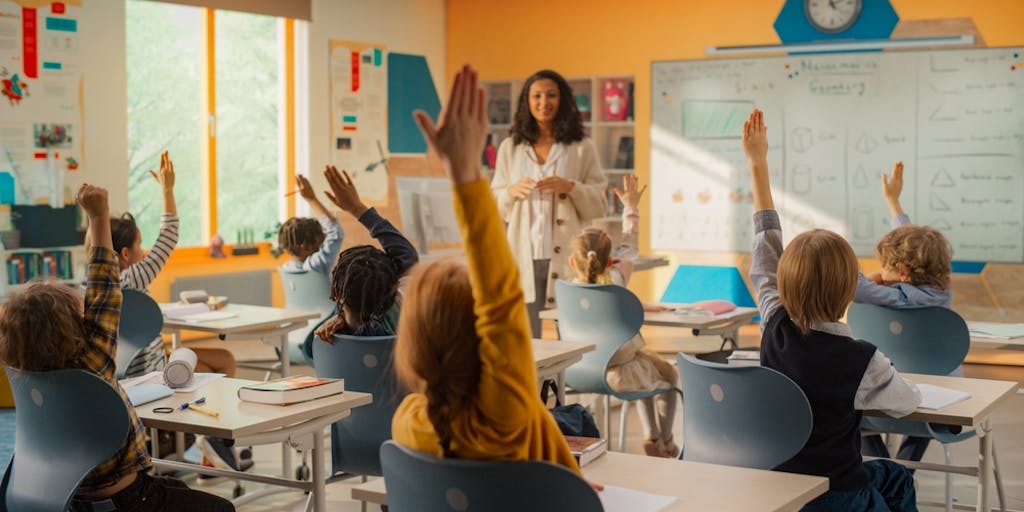When Students Are Absent, Do Their Relationships With Teachers Suffer?
Introduction
Attendance plays a crucial role in the overall academic performance of students. When students are absent from school, they not only miss out on important learning opportunities but also potentially jeopardize their relationships with teachers. In this article, we will explore the impact of student absences on their relationships with teachers.
Effects of Absenteeism on Teacher-Student Relationships
1. Lack of Personal Connection: When students are frequently absent from class, they miss out on opportunities to build personal connections with their teachers. This lack of personal interaction can result in a more transactional relationship where the teacher sees the student as just another face in the classroom.
2. Difficulty in Providing Support: Teachers rely on regular attendance to assess student progress and provide necessary support. When students are absent, teachers may struggle to understand their individual needs and provide the appropriate guidance.
3. Communication Breakdown: Absenteeism can lead to a breakdown in communication between teachers and students. When students miss class, they may not be aware of important announcements, assignments, or changes in the curriculum. This lack of communication can strain the relationship between teachers and students.
Strategies to Maintain Relationships Despite Absenteeism
1. Regular Communication: Teachers can maintain a strong relationship with absent students by regularly communicating with them through email, phone calls, or messaging apps. This helps students feel connected to their teachers and stay informed about class activities.
2. Individualized Support: Teachers can provide individualized support to absent students by offering extra help, resources, or alternative methods of learning. This shows students that their teachers care about their success, even when they are not present in the classroom.
3. Positive Reinforcement: Teachers can use positive reinforcement techniques to motivate absent students and encourage them to attend class regularly. By praising their efforts and progress, teachers can help students feel valued and appreciated.
Conclusion
In conclusion, student absenteeism can have a negative impact on their relationships with teachers. However, by implementing effective communication strategies, providing individualized support, and using positive reinforcement techniques, teachers can maintain strong relationships with absent students and help them succeed academically.
FAQs
Q: How can teachers track student absences?
A: Teachers can track student absences by keeping records of attendance, communicating with parents or guardians, and using school attendance systems.
Q: How can teachers support absent students?
A: Teachers can support absent students by providing make-up assignments, extra help, and individualized guidance to help them catch up on missed work.
Q: What can students do to maintain a positive relationship with their teachers despite absences?
A: Students can communicate with their teachers about their absences, stay proactive in completing missed assignments, and show appreciation for their teachers‘ efforts to help them succeed.




